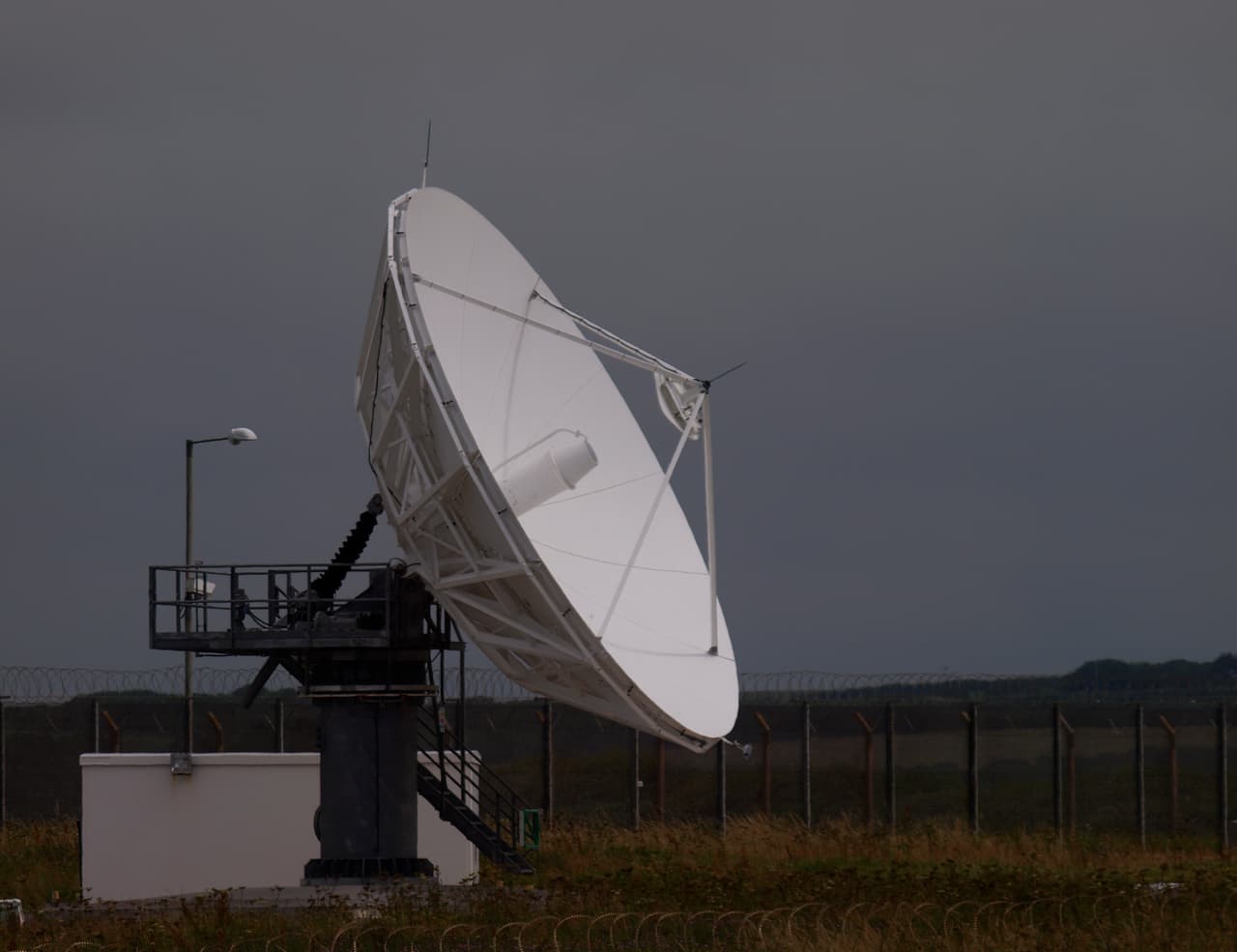
Bureau victory on protecting journalists from mass surveillance
The UK government violated the freedom of the press for decades under its mass spying programme and must now seek independent permission to access any confidential journalistic material, the European Court of Human Rights has ruled.
In a significant victory for press freedom, the new protections will apply to all confidential material collected by journalists in their reporting, not just the identity of sources. The judgment covers state authorities across Europe, including intelligence agencies, government departments and the police.
The court recognised the gravity of government interference in the work of journalists, saying intercepting and analysing their data was just as intrusive as a police search of their homes or newsrooms. It found that previous legislation did not provide adequate safeguards to protect journalists.
As of today, if intelligence services want to carry out searches that they suspect may uncover confidential journalistic material, or if they stumble upon such information, they must seek permission to use it from an impartial decision-making body, on the basis that access is “justified by an overriding requirement in the public interest”. That independent body must also consider whether there is a less intrusive way to serve the public interest that could avoid spying on the journalistic material.
The ruling is a “clear win for journalism,” Rachel Oldroyd, managing editor of the Bureau, said. “In a week when the horrific actions against a journalist in Belarus have reminded us all of the importance of protecting press freedoms, we are delighted that the European Court of Human Rights has strengthened these freedoms across Europe. The court has not only recognised the right of a journalist to protect the identity of their sources, but also the vital importance of a journalist’s need to keep all their work confidential and free from government spying.”
The ruling was part of the culmination of an eight-year landmark privacy case brought by the Bureau and several human rights organisations in 2013 following the revelation of GCHQ’s mass surveillance regime by the NSA whistleblower Edward Snowden.
The Bureau, backed by its founders David and Elaine Potter, was specifically concerned about the chilling effect that mass spying could have on whistleblowers working with investigative journalists, and the difficulty of guaranteeing sources’ anonymity in the face of pervasive surveillance.
Bulk surveillance by the intelligence services on British citizens was unlawful for years, the ECHR said, violating their right to privacy. The court did not oppose the bulk collection of citizens’ data in principle – a decision condemned by some campaigners – but said the mass surveillance had been carried out without adequate safeguards, violating the European Convention on Human Rights. Without Snowden’s actions, the illegality of the government’s surveillance project would never have been uncovered.
The ECHR had previously upheld the Bureau’s part of the case in a ruling three years ago, but the latest judgment went further, extending protection beyond details of journalists’ sources to all journalistic material, and that more robust safeguards are needed.
Exposing systemic failings through investigative journalism isn’t a quick fix. It takes time to uncover the evidence. It takes time to get people to notice. But when we take that time, we can get results. Help us do more.
Support the Bureau todayQuestions remain about how these new protections will be enforced and how journalistic material will be defined, especially in an era of citizen journalism. The nature of intelligence work means these processes will almost always be carried out behind closed doors, and journalists will not be notified if permission has been given to access their information.
However, journalists can make a complaint to the Investigatory Powers Tribunal – which alongside the Investigatory Powers Commission oversees government surveillance in the UK – if they suspect that their material may have been spied on unlawfully.
Erin Alcock, on behalf of Leigh Day, said: “The court is right to recognise the need for proper safeguards for the protection of journalistic sources and confidential journalistic material in the context of mass surveillance carried out by the state. Journalistic freedom of expression is essential in a functioning democracy, and the ability of journalists to retain privilege over their sources and communications is a crucial element in allowing them to perform their vital role.”
Gavin Millar, of Matrix Chambers, said: “The government must now pass legislation providing the safeguards for journalists required by the Court of Human Rights. These should be clear and strong. Journalists’ confidential material should never be accessed by the state without informed judicial approval or without an opportunity for the journalist to oppose the disclosure.”
The Bureau was represented by Leigh Day and by Gavin Millar and Aidan Wills from Matrix Chambers and Conor McCarthy of Monckton Chambers.
Header image: A satellite at the GCHQ site at Bude in Cornwall. Credit: Getty Images




